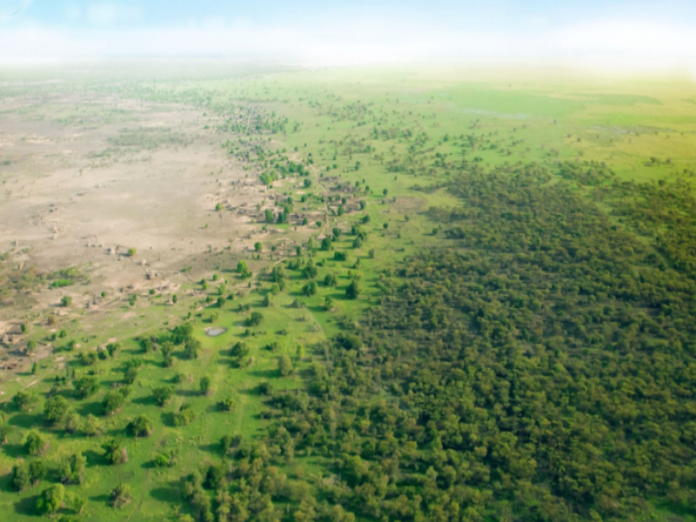Trees For The Future Bringing Natural Climate Change & Increased Growth To Communities Across Africa
Sunday, June 16, 2024, 7:00 A.M. ET. By Ryan Metz: Englebrook Independent News,
MANHATTAN, NY.- In the semi-arid regions of Africa, and along the southern reaches of the Sarah desert, an initiative known as Trees for the Future is fighting desertification and providing natural resources for local communities. In addition to providing resources in a land where they are often scarce, this project aims to combat deforestation and restore degraded lands through the planting of trees.
Trees for the Future, founded in 1989, has been planting over 225 million trees across the globe, with a significant focus on the continent of Africa. The project’s mission is to improve the livelihoods of impoverished communities by training farmers in sustainable agricultural practices and tree planting. By including trees in their farming systems, these communities are not only restoring the environment but are also enhancing food security and economic stability.
A cornerstone of the Trees for the Future initiative is the Forest Garden Program. This approach involves planting fast-growing trees alongside crops, creating a sustainable and diverse ecosystem. These forest gardens provide multiple benefits; they improve soil health, increase crop yields, and offer a variety of products such as fruits, nuts, and medicinal plants.
The program spans several African countries, including Kenya, Uganda, Tanzania, and Senegal. In these regions, farmers receive comprehensive training and ongoing support from Trees for the Future’s team of experts. The training covers a wide range of topics, from seed selection and nursery establishment to soil conservation and market access.
Farmers involved in the program have reported significant increases in their income and food production. The diversity of crops and products from the forest gardens allows them to generate revenue year-round, reducing their vulnerability to market fluctuations and climate change.
This reforestation effort also helps combat soil erosion, enhances water retention, and sequester carbon, contributing to the global fight against climate change. The restored landscapes support biodiversity, providing habitats for a variety of plant and animal species.
As the project continues to expand, Trees for the Future aims to plant an additional 500 million trees by 2030. The organization is also focusing on scaling up its training programs to reach more farmers and communities across Africa. For more information on this project visit: https://Trees.org.


